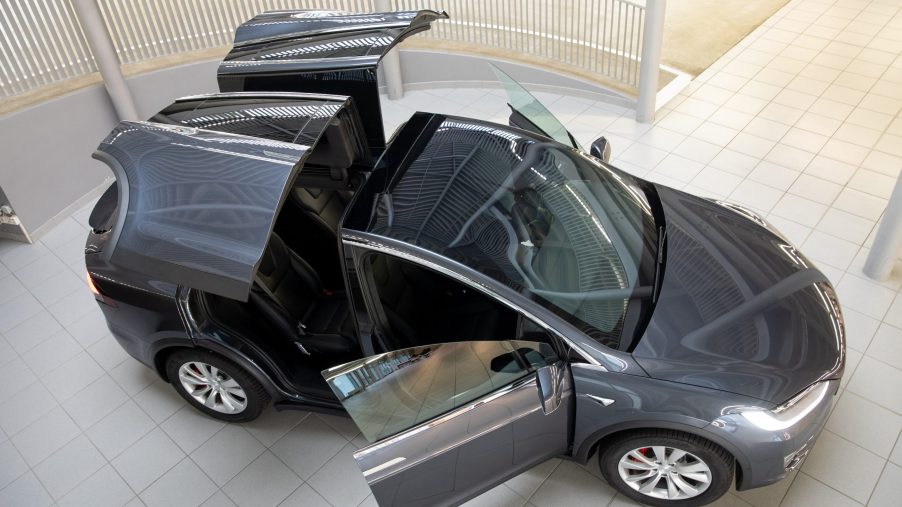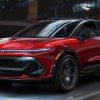
This Latest Tesla Lawsuit Is Accusing the Automaker of Hiding Dangerous Defects
Cars like the Tesla Model 3 have really changed the way many consumers think about EVs. However, Tesla isn’t exactly known for being the most trustworthy company. Many lawsuits have been filed against the automaker and its founder, Elon Musk, sometimes doesn’t assume responsibility for these issues.
These lawsuits concern anything from tech problems to potentially dangerous structural issues. Car Complaints reports that the latest grievance against Tesla involves an intentionally defective control arm. If you own one of these affected Tesla cars, here’s what you need to know.
Details about the lawsuit
The latest lawsuit was filed by Zachary Williams, a California resident. While driving his used 2016 Tesla Model X, Williams said that he experienced a rear lower control arm failure. This almost caused him to lose control of the car because the rear and front control arms had separated.
Disconnected control arms cause the car’s suspension to crumple inward, which can make the car wobble while you’re driving. Williams also reported hearing a grinding noise as the control arms broke apart. He also said that some other members of the lawsuit felt the wheels actually detach themselves from the car.
Even though the car was still covered by warranty, Tesla refused to pay for the repairs. The company allegedly told Williams that the problem was due to damage caused by the car’s previous owner. The automaker quoted Williams over $2,000 for a control arm repair.
Even worse, the lawsuit states that Tesla deliberately ignored a critical recall from the China State Administration for Market Regulation. Last month, over 40,000 vehicles were supposed to be recalled for suspension issues. Tesla decided that the recall didn’t apply to its vehicles sold in American markets because Chinese roads are supposedly more dangerous.
What Tesla models were affected?
The lawsuit states that Tesla Model S and Model X vehicles built between 2013-2018 could potentially have defective control arms. Tesla has already been sued over the Model S multiple times for glitchy touchscreens and other tech issues. The Tesla Model X was also included in the touchscreen lawsuit.
The Tesla Model X was also cited as the reason for a pedestrian’s death in 2018. A traffic conductor was killed after being hit by a Tesla Model X with the Autopilot feature activated. A lawsuit over the incident was filed by California residents, but Tesla evaded blame because the incident happened in Japan. Several other Tesla drivers have also lost their lives while driving with Autopilot.
Tesla’s response to suspension problems
The lawsuit states that the automaker issued multiple technical service bulletins regarding these issues, beginning in 2015. The automaker acknowledged that both control arms could potentially break and service centers would perform the repairs. The first TSB stated that Model S cars from 2012-2013 were affected.
Two other TSBs were also released concerning Model S vehicles from 2013, 2014, and 2016, plus Model X vehicles built in 2016. However, the lawsuit alleges that Tesla left out other affected models on purpose. Despite not taking responsibility for these problems, later model years were supposedly quietly updated because these issues were brought to light.
Last month, the NHTSA also got involved, according to Reuters. Initially, the organization said that it would investigate almost 159,000 Model S and Model X cars for front suspension issues. It has since expanded that probe to include 115,000 more cars.
Back in October, Tesla told the NHTSA that front suspension issues were so rare that a widespread recall wasn’t necessary. The automaker also reiterated that these problems hadn’t caused any accidents or fatalities. However, because the NHTSA has recently received multiple complaints about this problem, it was considered severe enough to warrant investigation.



